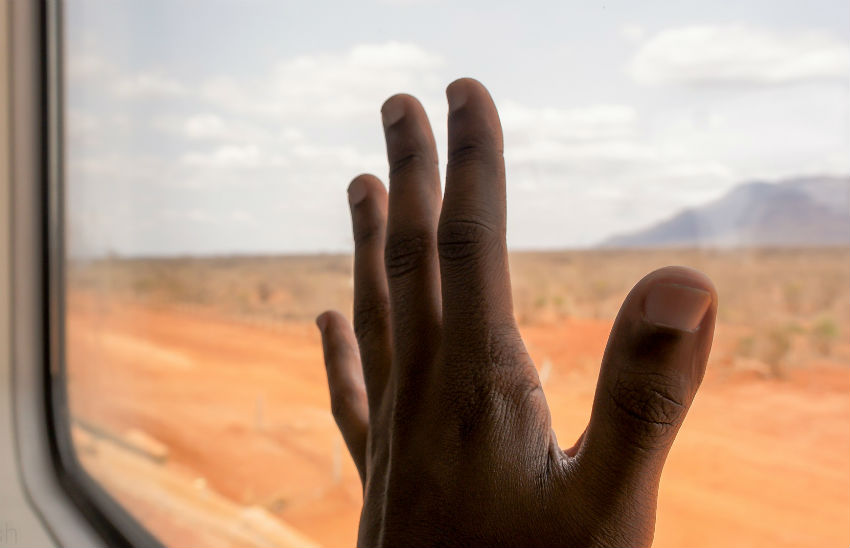LGBTI people in Kenya face widespread discrimination (Photo: Pixabay : CC0 Creative Commons)
An appeals court in Mombasa, Kenya, has ruled that the use of forced anal examinations by the state is unlawful.
The ruling came about following a challenge launched by the National Gay and Lesbian Human Rights Commission (NGLHRC).
It launched the case following the treatment of two men arrested in Kwale, Kenya, in 2015. The men were subjected to forced anal examinations in an effort to find out whether they had engaged in anal sex and were gay. They were also forced to undergo HIV testing.
Representing the men, the NGLHRC argued that the use of forced anal exams was tantamount to torture. It said the exams represented a violation of the right to privacy and dignity, as set out in the Kenyan constitution.
‘Historic win’
A five-judge bench delivered their ruling today.
Head of Legal Affairs at NGLHRC, Njeri Gateru, welcomed the court’s decision.
‘We are thankful that the Appeal Court has put Kenyan citizens’ rights first. With this ruling, the judges are saying that we all deserve to be treated with dignity and afforded our basic rights, as enshrined in the Kenyan Constitution.
‘The humiliation and pain caused by these useless anal examinations will follow our clients for the rest of their lives. However, we are emboldened to see our constitution at work, ensuring that all Kenyans have the right to dignity.’
The Gay and Lesbian Coalition of Kenya called it a ‘historic win.’
NGLHRC says that police in the country have increasingly threatened to use forced anal exams against suspected gay men in the last couple of years.
In September 2017, the Kenya Medical Association (KMA) spoke out against the practice. The organization: ‘Condemn and discourage any form of forced examination of clients, even in the guise of discovering crimes.’
Commonwealth appeal
LGBTI African advocate Edwin Sesange also welcomed today’s ruling.
‘We welcome the judgemental and thank the Judges for putting justice before the colonial and Western imported hatred of gay Kenyans,’ said Seange, of the African Equality Foundation.
‘Our sympathy and empathy goes to the victims of these unlawful anal examinations. No human beings deserves such treatments.
Sesange is among those putting pressure on the UK to speak out on anti-LGBTI discrimination in Commonwealth countries. A high-profile Commonwealth Heads of Government meeting takes place in London in late April.
‘We appeal to the Commonwealth meeting in London to discuss the need to decriminalise homosexuality in the Commonwealth in order to avoid such ill and unlawful treatments of innocent gay people.’
Kenya in East Africa criminalizes same-sex sexual activity and those found guilty face between 5-14 years in prison. There are no anti-discrimination protections for LGBTI people, and no recognition of same-sex relationships. LGBTI people often faced widespread homophobia and transphobia.
The NGLHRC is involved in a separate High Court case to challenge the penal codes that criminalize same-sex sexual activity. A court began to hear evidence in that case in February and will resume on 26 April.
See also
Kenya court begins to hear landmark challenge to gay sex ban







